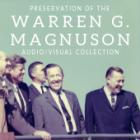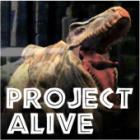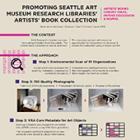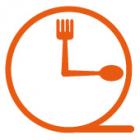
Preservation of the Warren G. Magnuson Audio/Visual Collection
Warren G. Magnuson served as United States Congressman for Washington state from 1937-1981. An alum of the University of Washington, Magnuson gifted his collection of audio/visual materials in 1981 to Special Collections. This project required inventorying, assessing, and creating access to the original audio/visual collection, which consists of 171 films and 324 audio items. Initial preservation actions in the 1980s created hard copy finding aids, masters and user copies totaling in 1,274 physical items. Our work created access to all through a digital finding aid and detailed research to assist in grant drafting for future digitization efforts.






